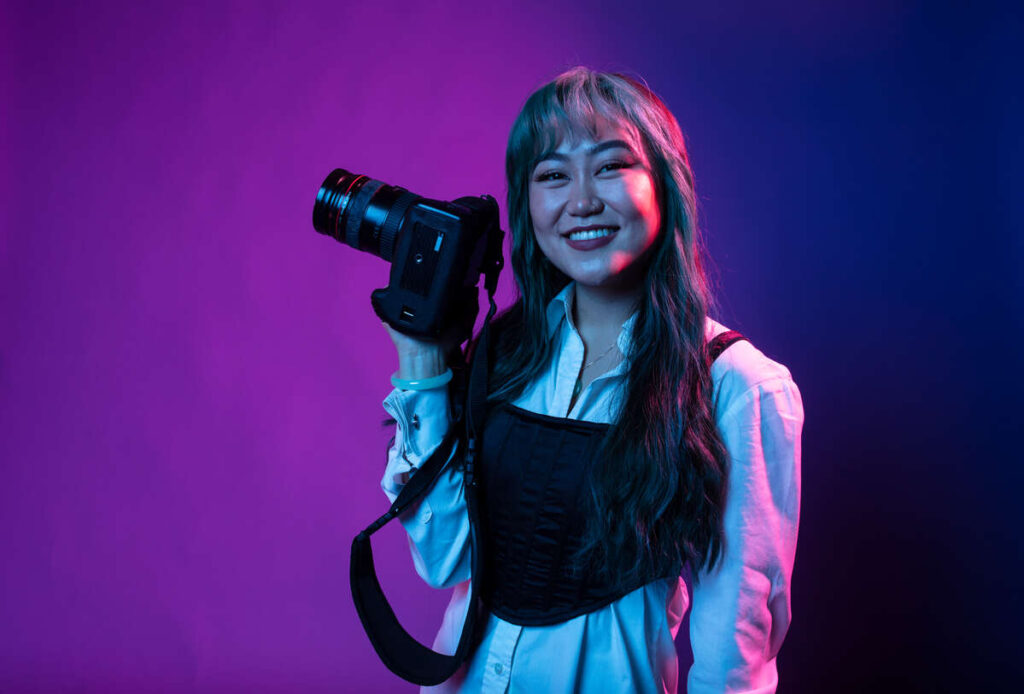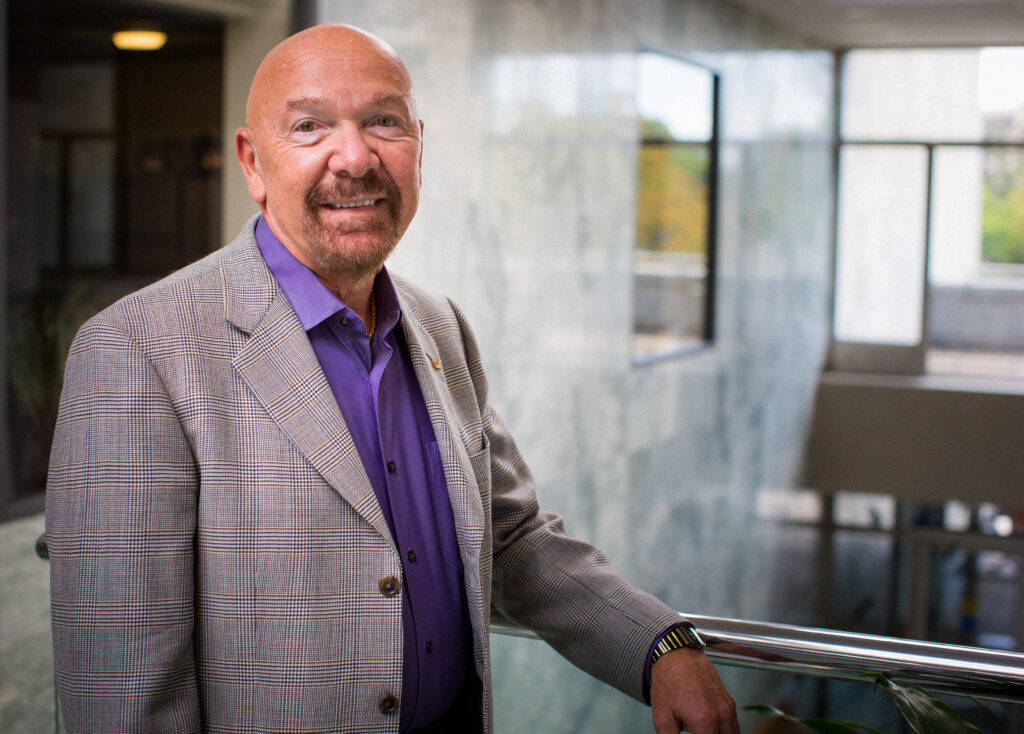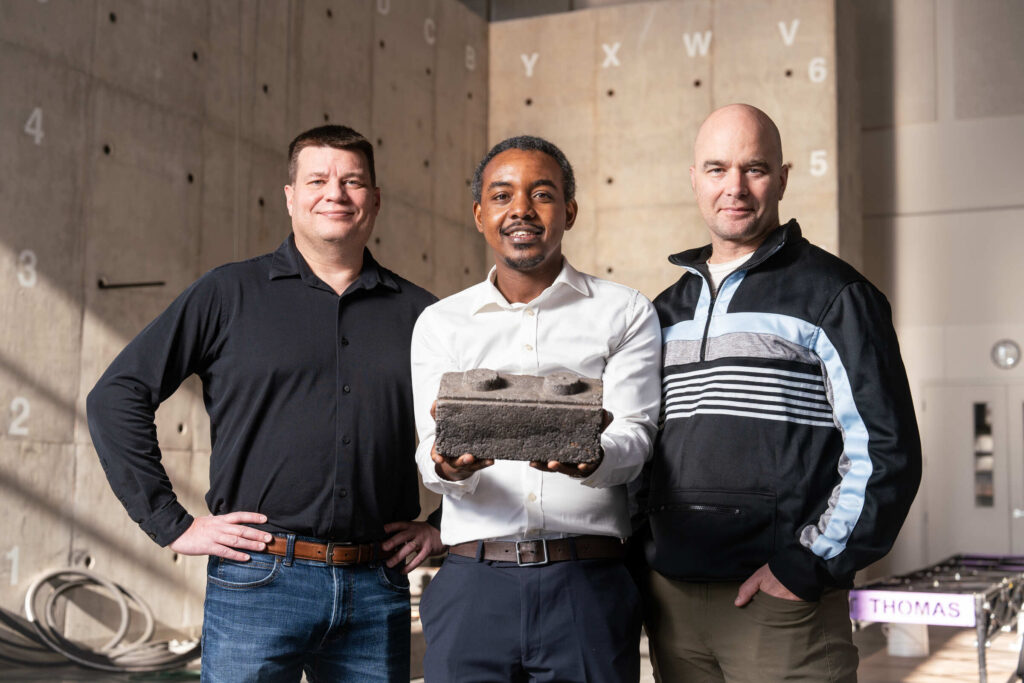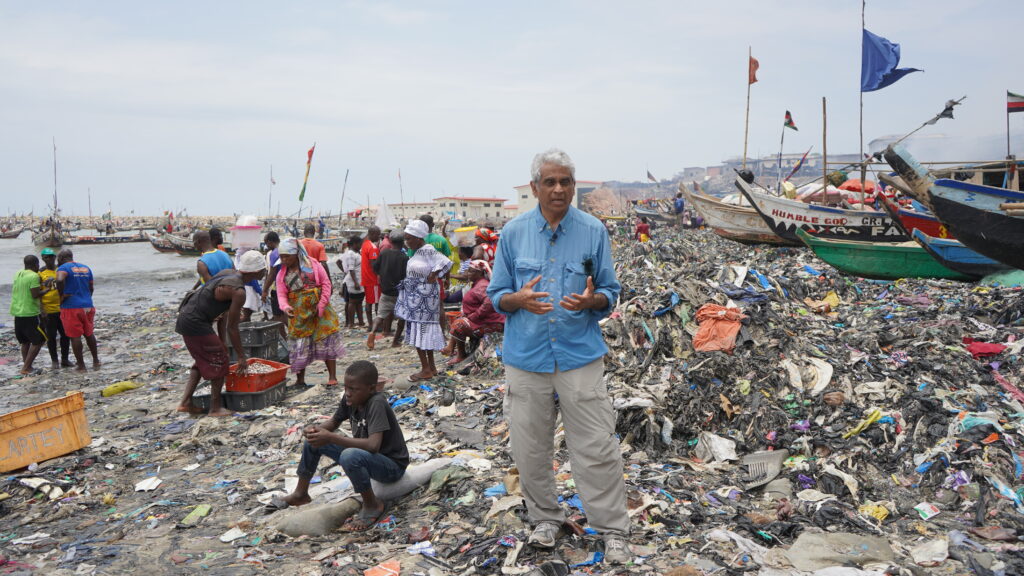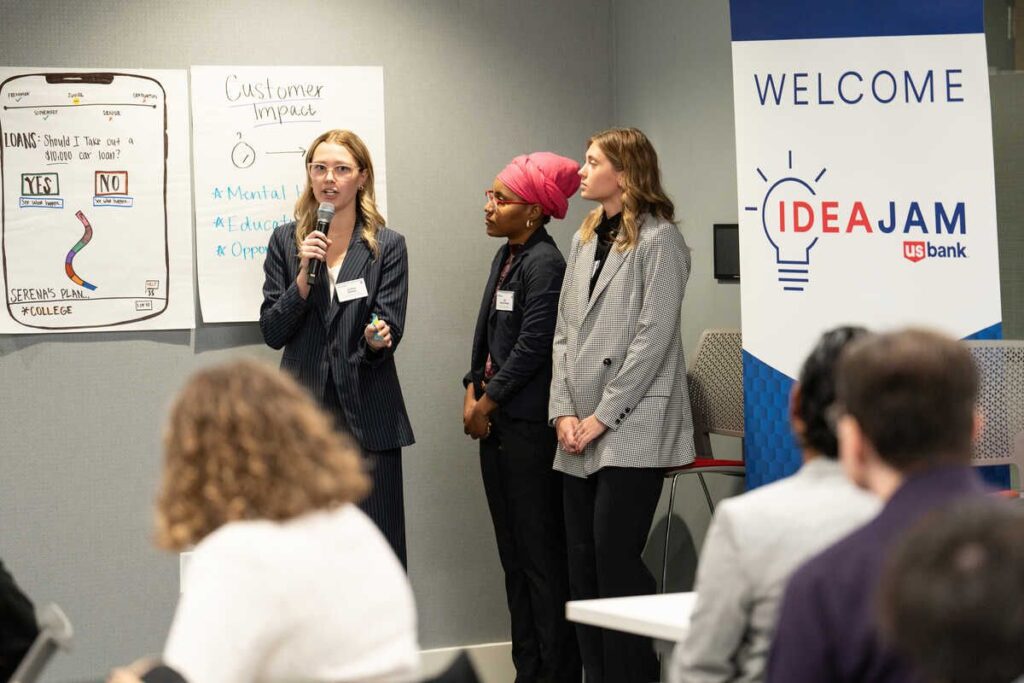A wave of federal grants is making an impact.
If you ask Professor L. Lynn Stansberry Brusnahan about her life in the year 2016, you‘ll likely get the answer: “weeks of no sleep.” That was the year she applied for and received St. Thomas’ first major federal grant at or above $1 million. At the time, the $1.2 million, five-year grant to help increase the number of educators specializing in autism spectrum disorder was a major milestone for the university.
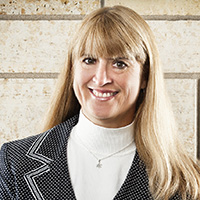
“It was shocking that a Midwestern private university would get a grant of that caliber – that grant is highly, highly competitive – so it was a great feat,” Brusnahan said.
Fast forward to today … St. Thomas' recent success winning major federal grants might drive that shock factor meter off the scale.
In fiscal year 2021, St. Thomas pulled in over $7.5 million across 19 federal grants (not including CARES Act funding). That figure represents a 975% increase since 2017, when the university won four total federal grants. It‘s an impressive jump spurred by several new initiatives, ranging from STEM programs to the launch of the Morrison Family College of Health, among others.
Most of the funding goes toward student scholarships, but a large chunk also supports groundbreaking academic research, student programs and strengthening faculty leadership skills.
In other words, the type of work most often associated with top-tier national universities that have made names for themselves through innovation.
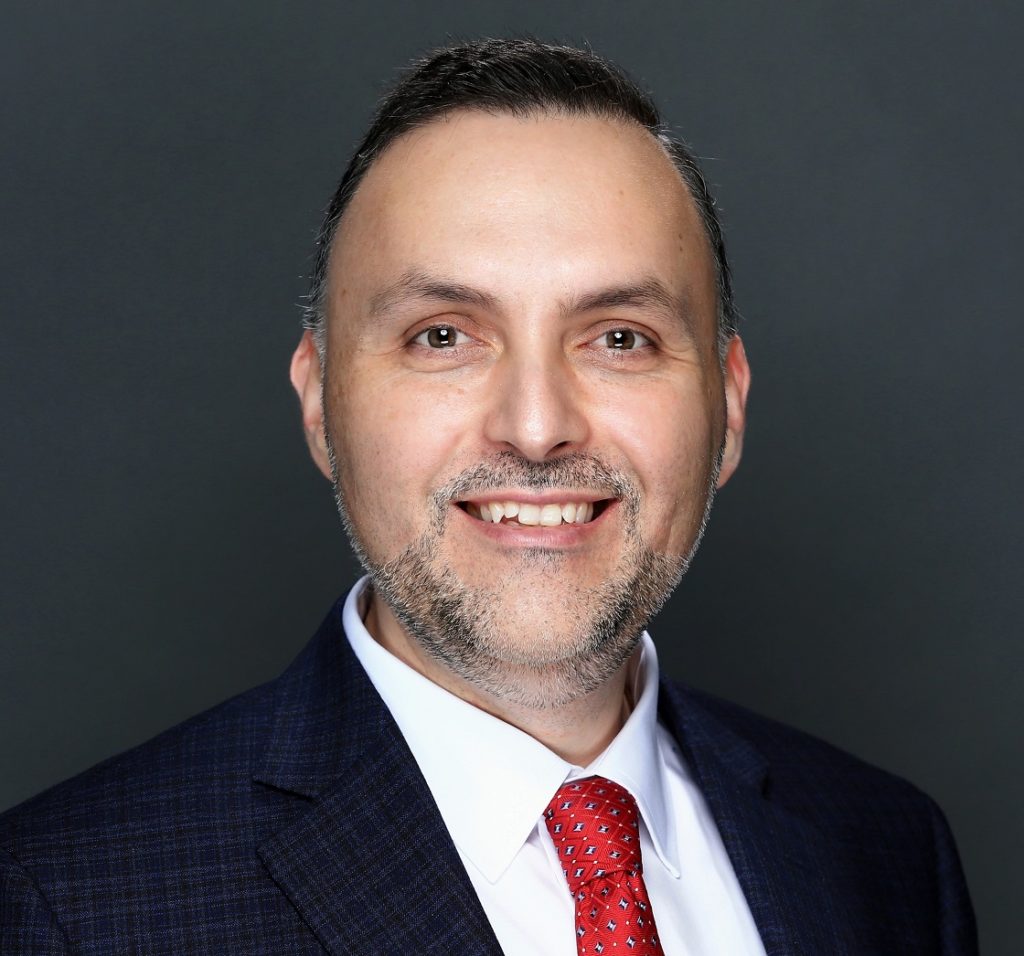
“It is extremely meritorious that our faculty are competing at that level, especially when we recognize they have higher teaching loads than faculty from research-intensive universities,” said Executive Vice President and Provost Eddy Rojas. “We‘re still competitive, and that is impressive.”
So what is the common thread behind this new wave of federal dollars? In many ways, it’s similar to what made Brusnahan successful back in 2016 when she pointed out cultural barriers to accessing special education services in the Somali community: personal passion (she has an adult son with autism) and a desire to truly advance St. Thomas’ mission by breaking down real-life barriers to critical services.
“We achieved it because I told the story of our students,” she said. “The whole mission of advancing the common good really helps [in securing grants].”
A look at the fine details behind some of the recent successful grants confirms that thought:
- A $2.9 million grant from the U.S. Department of Education to assist aspiring charter-school teachers from diverse communities
- A $1.9 million grant from the U.S. Health and Resources Administration (HRSA) to train students to serve medically underserved communities
- Another $1.2 million grant from the U.S. Department of Education’s Office of Special Education Programs (OSEP) to increase the number of early intervention-trained social workers and special educators
- A $1.5 million award from the National Science Foundation (NSF) to support engineering students (representing opportunities for first-generation students, as well as students of color)
Success begets success
The recent successes have inspired more faculty across St. Thomas to apply for grants themselves, said Katharine Hill, a School of Social Work professor who also serves as associate vice provost for faculty advancement and research. She helps oversee all major university grant applications.
“Seeing colleagues who have success, who are able to pursue big research ideas or fund students, makes others think, ‘I could do that too,’” Hill said. “It’s a culture that feeds itself as people on campus see what’s possible with external funding.”

For one, the Center for Microgrid Research hopes to leverage its receipt of more than $7 million in local grants from Xcel Energy and the state of Minnesota to obtain $10 million to $15 million in federal grants over the next five to 10 years. The center is currently waiting to hear if two of its federal proposals, including one to the NSF, will be awarded.
The microgrid is housed at the School of Engineering. Dean Don Weinkauf has been a champion supporter behind applications for federal grants at the school and across the university.
“Increasing federal grant funding at St. Thomas is about improving the experience of our students,” Weinkauf said. “Bringing in competitive grants provides more interdisciplinary opportunities for students and increases the caliber of their education. St. Thomas faculty are creating more hands-on, high-quality experiences by seeking these national opportunities.”
The faculty are driven by the benefits they see that the national funding has on student success in way of improved programs, services and research.
“We’ve also started to build our in-house expertise as we have more people who have succeeded in obtaining federal grants who are able to help their colleagues,” Hill said.
That’s especially important given the ultra-competitive nature of these grants. To help with the process, the university hired McAllister & Quinn, a federal grant consulting and government relations firm, in 2019. The firm is available to help faculty members identify grant opportunities from federal agencies and translate their scholarly work into grant applications.
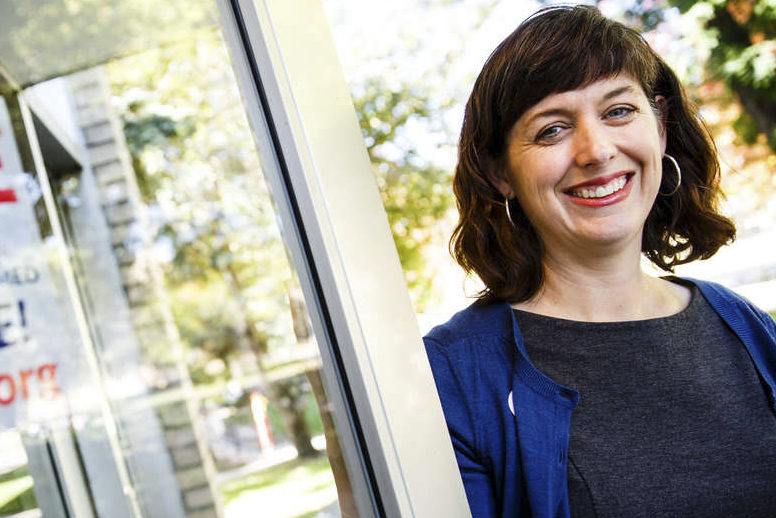
“There’s a specific sort of language to grant writing that is a bit different than writing scholarly articles or making conference presentations,” Hill said. “McAllister & Quinn is able to help with translating existing scholarly expertise into language that funders will understand.”
A tremendous amount of work goes into putting together a grant proposal – a process that Hill compares to writing a nonfiction book – and there’s no guarantee that it will be accepted.
Hence, the sleepless nights experienced by faculty such as Brusnahan, who has secured two other major federal grants of at least $1 million since her first groundbreaking award. The results, however, often make up for the lack of sleep spent preparing the applications. Four of her OSEP scholars, for example, have gone on to doctoral programs, including Deeqaifrah “Deeqa” Hussein, the first Black director of special education in Minneapolis Public Schools.
With results like that, Hill feels more momentum growing at St. Thomas.
“The increase in grant seeking is an opportunity to support faculty and the brainpower of all of these really smart people who are thinking about innovative ways to address the biggest challenges that are going on,” Hill said. “We can leverage these grant resources to support faculty to do that, and for them to engage students in that work in a way that’s true to St. Thomas. … I feel that we’re just starting out on this journey that I’m really excited about.”
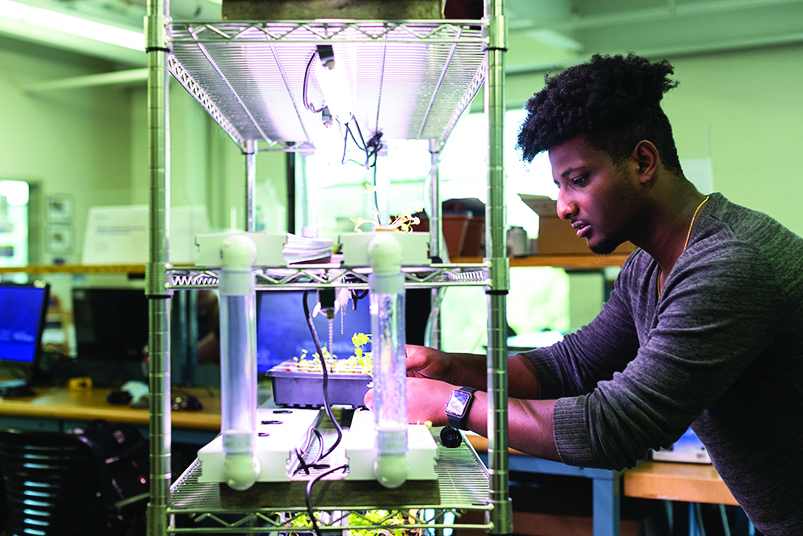
2021 Major Federal Grants Over $1 Million
(not including CARES Act funding)
Preparing Educators
AWARD: $2.9 million
GRANTOR: U.S. Department of Education
RECIPIENT: School of Education
St. Thomas was one of 10 recipients nationally to be awarded a Teacher Quality Partnership (TQP) grant in 2020. The five-year grant assists the School of Education in removing barriers for aspiring charter schoolteachers who reflect the diverse communities they serve. The recipients were Professor L. Lynn Stansberry Brusnahan and Associate Professor Shelley Neilsen Gatti in the Department of Special Education.
Expanding Integrated Behavioral Health Care Services

AWARD: $1.9 million
GRANTOR: Department of Health and Human Services
RECIPIENT: School of Social Work
This largest federal grant ever awarded to the School of Social Work enables the school to provide $10,000 scholarships over four years to 116 Master of Social Work (MSW) students in clinical field placements. Received in July 2021, the grant will assist the school in its goal of expanding integrated behavioral health services for medically underserved communities. “It is especially important that a more diverse workforce provides these integrated behavioral health services, so that unique needs within diverse communities can be properly addressed,” said Assistant Professor Tonya Horn, who led the grant application effort.
Engineering a Transfer-Friendly Experience
AWARD: $1.5 million
GRANTOR: National Science Foundation
RECIPIENT: School of Engineering
The School of Engineering was awarded a six-year NSF STEM grant to help fund scholarships to 31 full-time students pursuing bachelor’s degrees in civil, computer, electrical, or mechanical engineering. “Admitting transfer students to the School of Engineering is a way to cultivate diversity in the program,” said Dr. Kundan Nepal, the chair of the electrical and computer engineering department who co-wrote the grant application with four others.
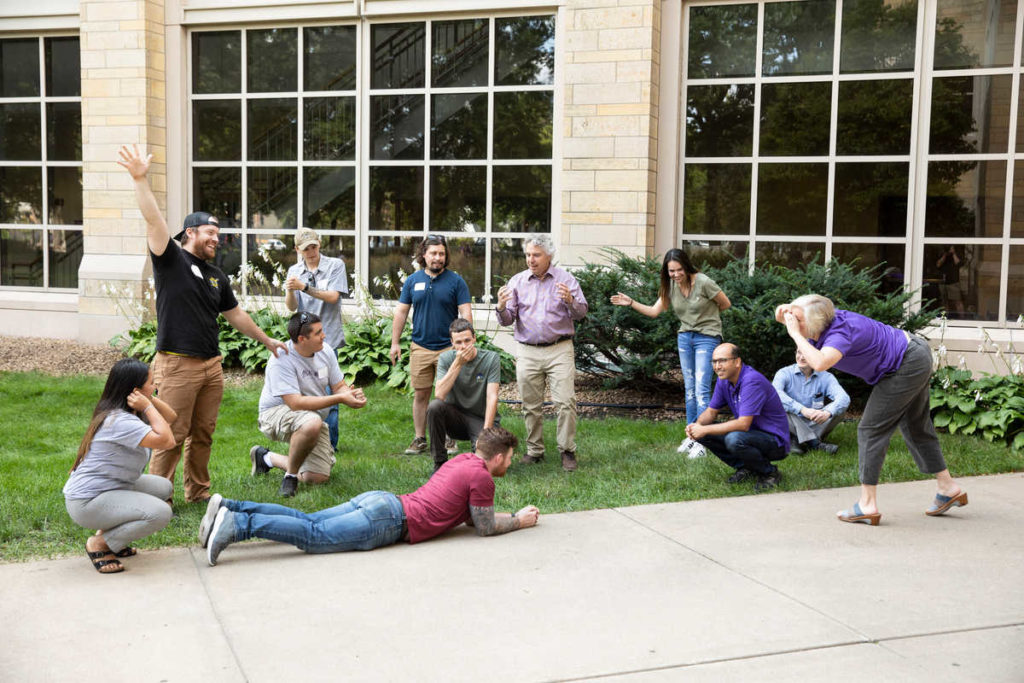
Supporting Trauma-Informed Practices
AWARD: $1.2 million
GRANTOR: Department of Education
RECIPIENT: School of Education and School of Social Work
This grant supports the Trauma-Informed Interdisciplinary Practices project, a collaboration between the School of Education and the Morrison Family College of Health School of Social Work. Eight education and eight social work students will each receive one-year, $10,000 scholarships. The grant provides scholarships for five years. The aim of the grant is to increase the number of culturally responsible social workers and special educators prepared to support early intervention needs of infants, toddlers and preschool-aged children with disabilities.
Editor's note: Transfer status is not a requirement for eligibility, nor a selection criteria for admission to the APEX (Alternative Pathways to Excellence) program, sponsored by the NSF. Transfer students are encouraged to apply.

